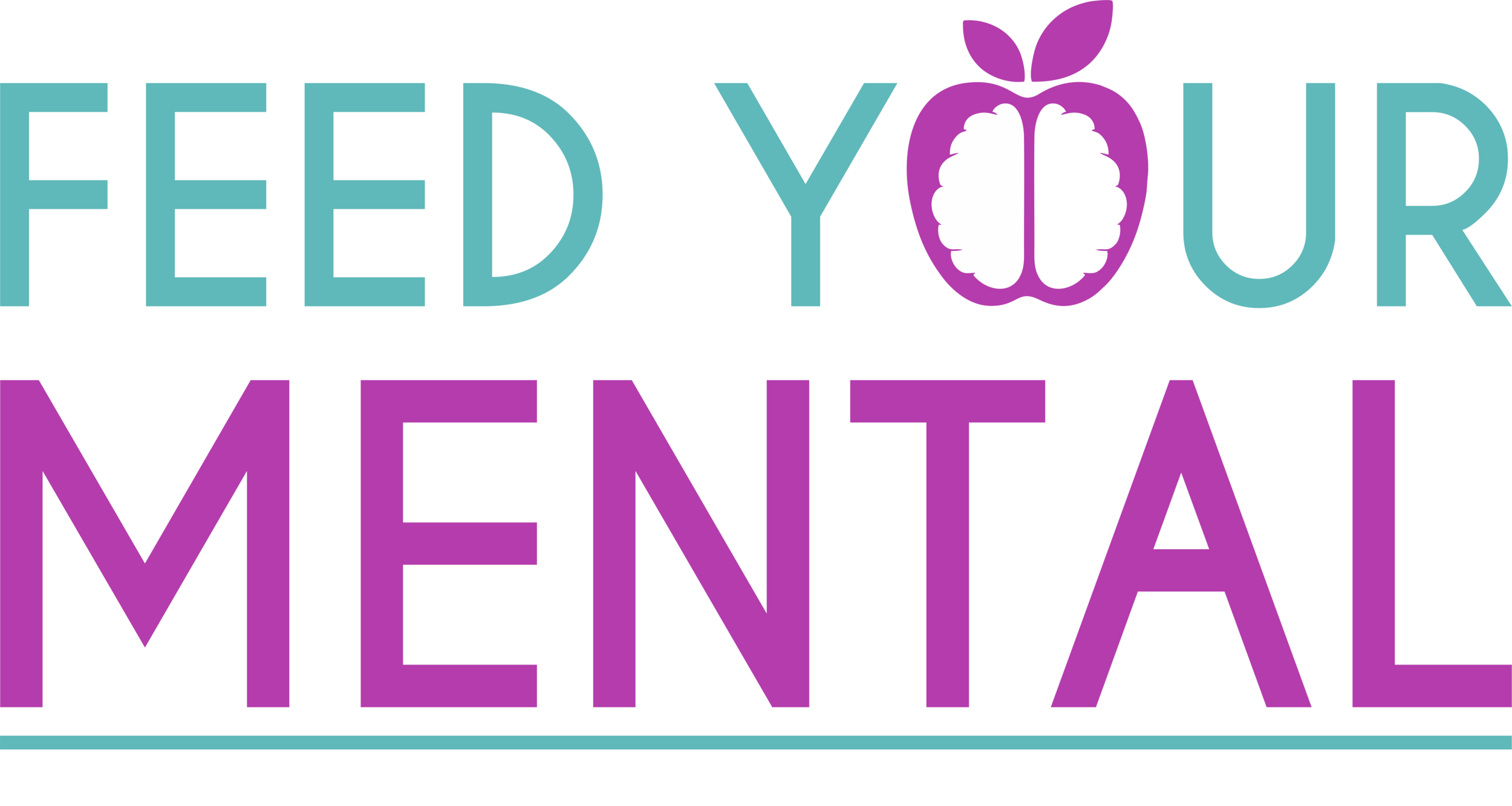Stress and How it Influences Digestion
Ever notice how your thoughts and emotions can influence or create a certain physical sensation experienced by the body? Think back to a time when you were really hungry and you thought about the meal you were going to cook when you got home. Or try this: think about cutting a lemon in half, looking at the pulp with its juices flowing, and now think about eating that lemon. What happened? Did you start salivating? That’s how connected our minds and bodies are. Images and thoughts can start to create a physical response in our body. Digestion itself starts in the brain.
What if you are feeling a negative emotion like stress? How does that affect our physical bodies, particularly, our digestive system? When you are stressed, or in a sympathetic state, your body is getting ready to prepare for action, to either fight, flight or freeze. This state shuts down the ability for rest and digestion, which happens when we are relaxed, or in a parasympathetic state. One thing that happens almost instantly is that our salivary glands aren’t nearly as activated and our digestive juices aren’t flowing at the same frequency that would happen when we are relaxed. Already, before even putting any food in your mouth, your digestion is compromised. When your digestion is compromised, you are more at risk for developing digestive distress like heartburn and leaky gut. Another part of your digestion that gets compromised when you are feeling stressed, is peristalsis, known as the constriction and relaxation of the intestine muscles. Peristalsis is what helps move the food through the intestines and is essential for food absorption and waste elimination. When compromised, your body’s ability to absorb the nutrients in the food you are eating is diminished as well as your body’s ability to eliminate. Additionally, your body’s ability to produce stomach acid is also compromised when you are feeling stressed. It is because of these consequences that it is so important to try and practice getting into a parasympathetic state when you are about to eat your food. After all, you are less of what you eat, and really more of what you end up digesting.
Try taking some deep belly breaths before eating, take your time and chew your food consciously. Put your fork down after every bite to try to tune into the present moment and connect with the sensory experience of eating this delicious food. This allows for slowness to enter into experience, allowing the mind to quiet and experience only what is happening right now. Try and eat with minimal distractions, allowing for the ability to focus on the experience of eating. This will help your body digest and relax as much as possible. This can be difficult at first, especially if you’re used to eating quickly and multi-tasking while eating. Try as best and as consciously as you can and start noticing what happens as a result of making this change. Are you enjoying more of what you are eating? Are you feeling less stressed doing so? Are you experiencing less digestive upset as a result?


